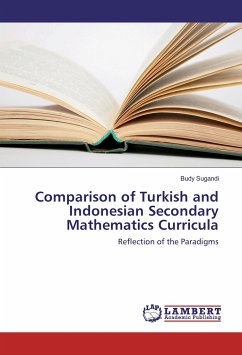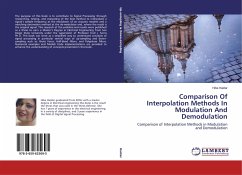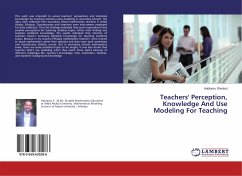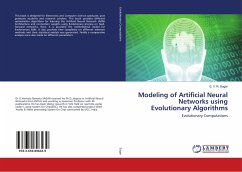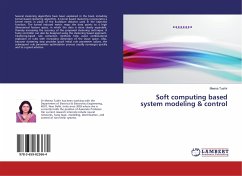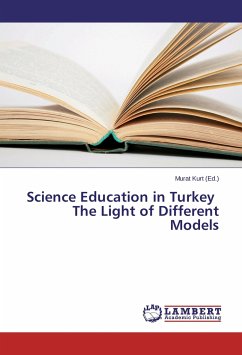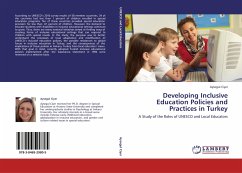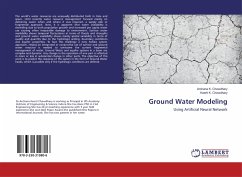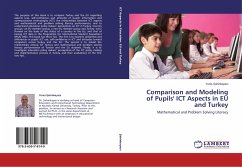
Comparison and Modeling of Pupils' ICT Aspects in EU and Turkey
Mathematical and Problem Solving Literacy
Versandkostenfrei!
Versandfertig in 6-10 Tagen
62,99 €
inkl. MwSt.

PAYBACK Punkte
31 °P sammeln!
The purpose of this book is to compare Turkey and the EU regarding aspects (use, self-confidence and attitude) of pupils' information and communication technologies (ICT), the relationships between ICT aspects and mathematical and problem solving literacy performances, and to understand education policy makers' perceptions on ICT in Turkey. Country groups -an EU member group, a new EU member group and Turkey- were formed on the basis of the status of a country in the EU, and that of having ICT data in the Programme for International Student Assessment (PISA) 2003. This book has three foci. The...
The purpose of this book is to compare Turkey and the EU regarding aspects (use, self-confidence and attitude) of pupils' information and communication technologies (ICT), the relationships between ICT aspects and mathematical and problem solving literacy performances, and to understand education policy makers' perceptions on ICT in Turkey. Country groups -an EU member group, a new EU member group and Turkey- were formed on the basis of the status of a country in the EU, and that of having ICT data in the Programme for International Student Assessment (PISA) 2003. This book has three foci. The first is to examine similarities and differences in pupils' ICT use, self-confidence in ICT and attitudes toward computers across Turkey and the EU. The second is to model the relationships among ICT factors and mathematical and problem solving literacy performances of Turkish and the EU students. Finally, it is to investigate education policy makers' perceptions of the ICT policy making and implementation process in Turkey, and their evaluations of the first two foci.



